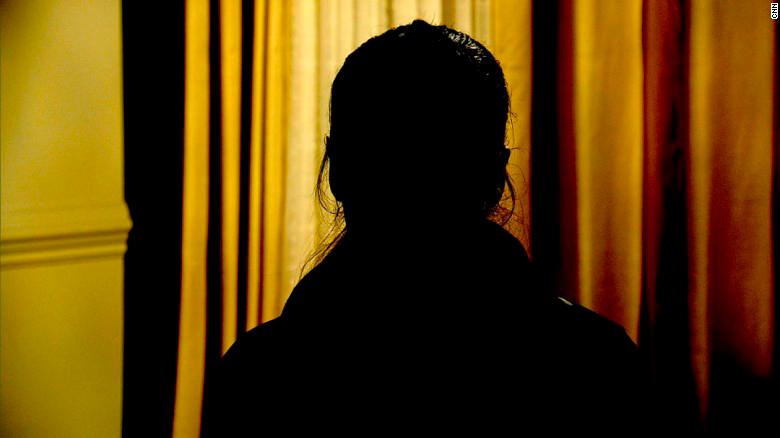PETALING JAYA: While the number of incestuous cases in Malaysia may be decreasing, the fact that it continues to exist is worrisome, said Universiti Sains Malaysia Forensic Science Programme Assoc Prof Dr Geshina Ayu Mat Saat.
In 2022, criminologist Shankar Durairaja highlighted an average of 15 incest cases were reported each month, with most being lodged by the victims. He said data showed 300 cases were reported in 2019, 259 in 2020 and 245 in 2021.
Geshina said between 1997 and 2022, 6,312 reports of incest were made in Malaysia and this averages to around 242 cases a year.
“The reported numbers might show a decrease, but there are countless victims who continue to suffer in silence as their cries are muffled by fear, shame and societal taboos.”
Geshina said Section 376A of the Penal Code states: “A person is said to commit incest if he or she has sexual intercourse with another person, whose relationship to him or her is such that he or she is not permitted, under the law, religion, custom or usage applicable to him or her to marry the other person”.
She said incest involves close relatives and can lead to complex dynamics within familial and socioeconomic relationships, especially if everyone lives in the same household.
She also said predators select targets based on various factors such as gender, age, availability, attractiveness, vulnerability, compliance and overbearing ability of the abuser to control the victim, which could be their child.
“They use controlling tactics such as creating financial dependence, using threats and intimidation, resorting to physical violence and manipulating family relationships and emotions.”
She said society tends to quickly criticise and judge victims without fully understanding the complex situations and factors that lead to incest.
Geshina said victims often fear retribution, feel ashamed or are financially and emotionally dependent on the abuser, which stops them from reporting the crime, while the psychological and emotional impact on them is so profound and long-lasting that it affects their family dynamics.
“They struggle with feelings of guilt, shame and betrayal, which can hinder them from seeking help.
“The repercussions can include social stigma, bullying and mental distress, which affects the overall well-being of the family.
“The secrecy and dishonesty required to conceal the abuse erodes trust and can lead to significant psychological stress for all family members.”
Geshina said tackling incest demands a comprehensive approach encompassing education, support systems and legal reforms.
She underscored the importance of proactive crime prevention strategies that address the psychological and societal factors of incestuous behaviour.
“Efforts to restructure moral education and provide effective therapy for survivors are crucial in addressing incest.
“A restructured moral education that suits the current generation can help instil values and ethical behaviour from a young age.
“It is important to teach children about their rights, personal boundaries and the importance of respecting others.”
She said awareness can empower potential victims to recognise inappropriate behaviour and seek help sooner. It also fosters a culture of respect and accountability within families and communities, reducing the likelihood of such abuse from occurring.
“Therapy can also include family counselling, which can help restore trust and communication within family members and educate them on how to support the healing journey of the victims.”
Geshina said key priorities for policymakers, law enforcers and communities include raising awareness, improving support services for victims and fostering environments in which victims feel safe to report abuse.
“Addressing incest is a complex and ongoing battle that demands collective and sustained efforts from all sectors of society.”









